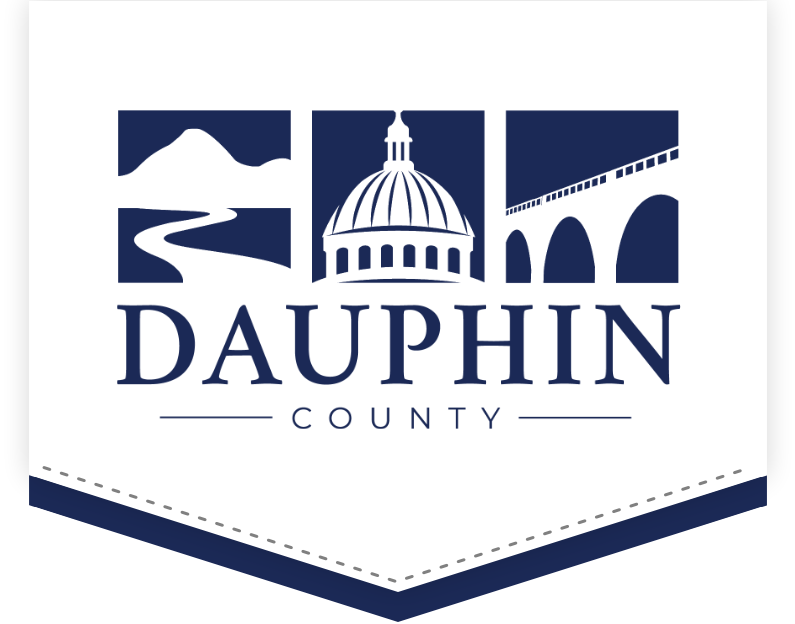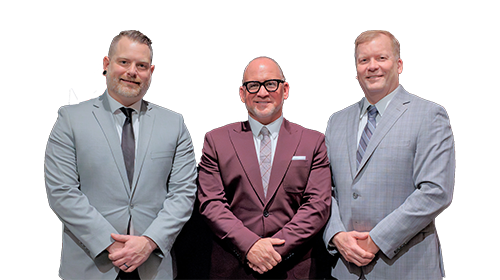Good Mental Health
Recovery
Recovery is a self-determined and holistic journey that people undertake to heal and grow.
Recovery is facilitated by relationships and environments that provide hope, empowerment, choices, and opportunities that promote people reaching their full potential as individuals and community members. To learn more about Recovery, read A Call for Change from November 2005 developed by the PA Office of Mental Health and Substance Abuse Services.
Phases of Recovery for Individuals
- Overwhelmed by the Disability
- Struggling With the Disability
- Living with a Disability
- Living beyond the Disability
(Spaniol, Wewlorski, & Anthony 2002)
Look for agencies that are recovery-oriented
- Language of dignity and respect
- Evidenced-based and promising practice Models
- Healing relationships
- Empowerment and personal responsibility
- Consumer involvement
- Challenging stigma and discrimination
- Reflective practices and continuous improvement
- Empowered and involved staff
- Clarity and congruence in policy and practice
- Managing conflict
- Cultural sensitivity
- Safety
Markers of Recovery in the Individual
- Being involved in productive activity
- Having trusted people to turn to for help
- Having goals one is working to achieve
- Controlling important decisions
- Feeling hopeful about the future
- Having one's symptoms under control
- Working or attending school
- Having a sense of belonging
Community Support Program in Dauphin County
It is not a program! It is a Committee of persons receiving services, families, advocates, and professionals interested in promoting the principles of Community Support and Recovery.
Click here to learn more about the Dauphin County CSP Committee.
Other sources of support include:
Dauphin County NAMI Family to Family Phone: (717) 233-1164
Double Trouble Support for a person with Co-Occurring (Mental Health & Drug and Alcohol Disorders) For Information call your Mental Health Case Manager
Resiliency
The personal and community qualities enable us to rebound from adversity, trauma, tragedy, threats, or other stresses - and to go on with life with a sense of mastery, competence, and hope. We understand from research that resiliency is fostered by a positive childhood and includes positive individual traits, such as optimism, good problem-solving skills, and treatments. Close-knit communities and neighborhoods are also resilient, providing support for their members.
Individual Protective Factors that Facilitate Resiliency
Relationships
Life Skills
Inner Direction
Independence
Flexibility
Self-motivation
Self-worth
PerseveranceService
Humor
Perceptiveness
Positive View of a Personal Future
Love of learning
Competence
Spirituality
Creativity
Look for Agencies that Help Build Resiliency
They promote close bonds with healthy family and friends
They promote education about you, your mental illness, and recovery
They use a style of interaction that is open, honest, and focused on you.
The staff understands and uses clear professional boundaries in their conduct.
They encourage you to have supportive relationships.
They appreciate and encourage you to volunteer and participate in community life.
They assist you in accessing resources that move you toward independence
They have high and realistic expectations for you and support your success.
They help you set goals and master new skills.
They show you new opportunities for decision-making and self-determination.

